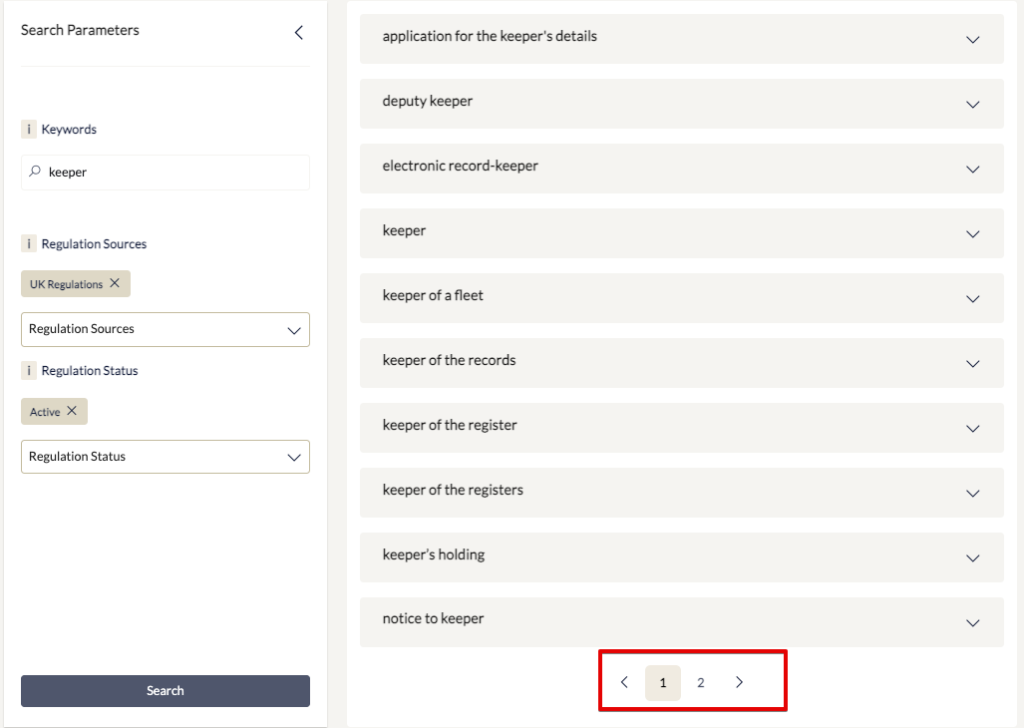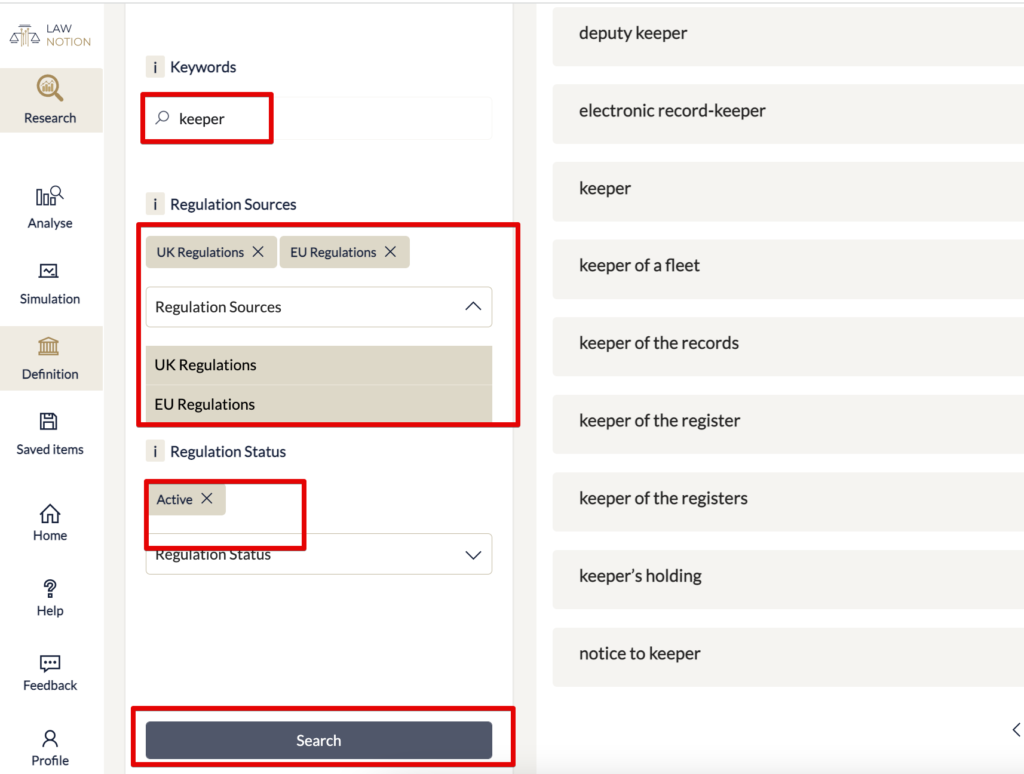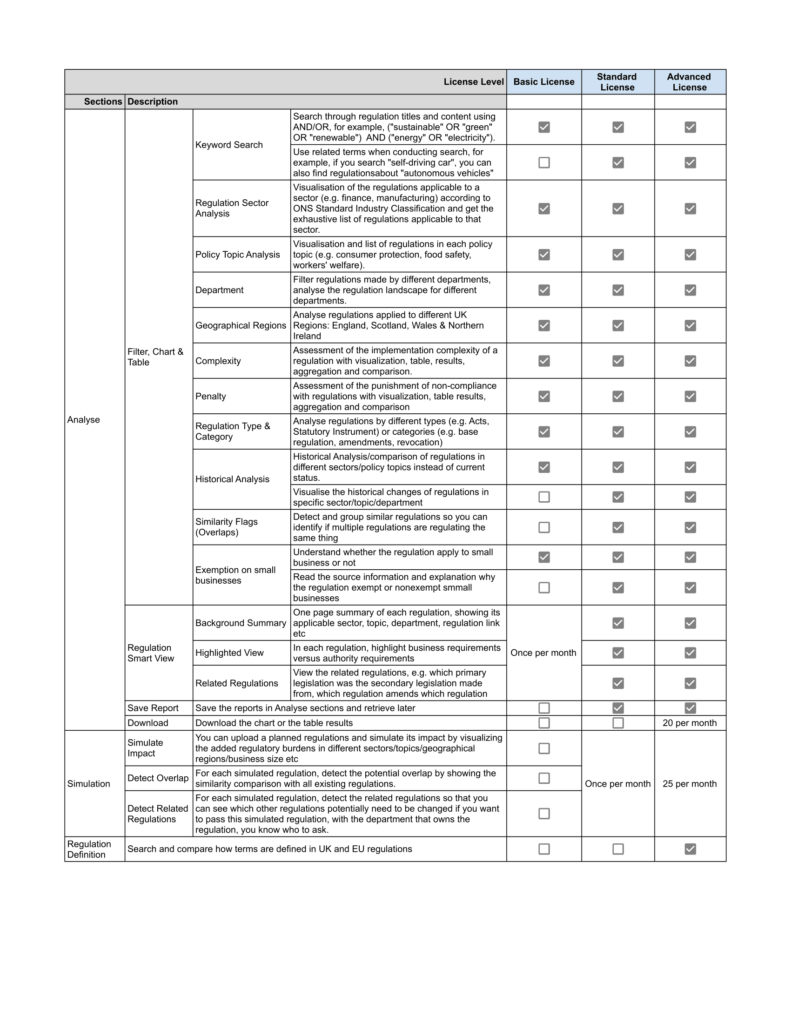Version 2.0
Last Updated at 25th April, 2022
This privacy notice for Law Notion (“Company”, “we”, “us”, or “our”) describes how and why we might collect, store, use, and/or share (“process”) your information when you use our services (“Services”).
Reading this privacy policy notice will help you understand your privacy rights and choices. If you do not agree with our policies and practices, please do not use our Service. If you still have any questions or concerns, please contact us at support@lawnotion.co.uk.
1. What information do we collect
(1) Personal information you disclose to us
We collect personal information that you provide to us.
We collect personal information that you voluntarily provide to us when you register on the Services, express an interest in obtaining information about us or our products and Services, when you participate in activities on the Services, or otherwise when you contact us.
Sensitive Information. We do not process sensitive information.
Any personal information that you provide to us must be true, complete, and accurate, and you must notify us of any changes to such personal information.
(2) Information automatically collected
Some information – such as your Internet Protocol (IP) address and/or browser and device characteristics – is collected automatically when you visit our Services.
We automatically collect certain information when you visit, use, or navigate the Services. This information does not reveal your specific identify (like your name or contact information) but many include device and usage information, such as your IP address, browser and device characteristics, operating system, language preferences, referring URLs, device name, country, location, information about how and when you use our Services, and other technical information. This information is primarily needed to maintain the security and operation of our Services, and for our internal analytics and reporting purposes.
Like many businesses, we also collect information through cookies and similar technologies.
2. Why do we process your information?
We process your information to provide, improve, and administer our Services, communicate with you, for security and fraud prevention, and to comply with law. We may also process your information for other purposes with your consent.
3. When and with whom do we share your personal information
We may share information in specific situations described in this section and/or with the following third parties:
- Google Analytics
- Mixpanel
- EmailOctopus
- HubspotCRM
- AWS
- Hertzner
We may need to share your personal information in the following situations”
- Business Transfers: We may share or transfer your information in connection with, or during negotiations of, any merger, sale of company assets, financing, or acquisition of all or a portion of our business to another company.
- Affiliates: We may share your information with our affiliates, in which case we will require those affiliates to honor this privacy notice. Affiliates include our parent company and any subsidiaries, joint venture partners, or other companies that we control or that are under common control with us.
- Business Partners: We may share your information with our business partner to offer you certain products, services, or promotions.
4. Do we use cookies and other tracking technologies?
We may use cookies and other tracking technologies to collect and store your information.
We may use cookies and similar tracking technologies (like web beacons and pixels) to access or store information. Specific information about how we use such technologies and how you can refuse certain cookies is set out in our Cookie Policy: https://lawnotion.co.uk/cookie-policy/
5. Is your information transferred internationally?
We may transfer, store, and process your information in countries other than your own.
We are based in the United Kingdom and our Services and data are hosted in Germany and Finland (EU Countries).
6. How long do we keep your information?
We keep your information as long as necessary to fulfill the purposes outlined in this privacy notice unless otherwise required by law.
We will only keep your personal information for as long as it is necessary for the purposes set out in this privacy notice, unless a longer retention period is required or permitted by law (such as tax, accounting, or other legal requirements).
When we have no ongoing legitimate business need to process your personal information, we will either delete or anonymize such information, or if this is not possible (for example, because your personal information has been stored in backup archives), then we will securely store your personal information and isolate it from any further processing until deletion is possible.
7. Do we collect information from minors?
We do not knowingly collect data from or market to children under 18 years of age.
We do not knowingly solicit data from or market to children under 18 years of age. By using the Services, you represent that you are at least 18 or that you are the parent or guardian of such a minor and consent to such minor dependent’s use of the Services. If we learn that personal information from users less than 18 years of age has been collected, we will deactivate the account and take reasonable measures to promptly delete such data from our record. If you become aware of any data we may have collected from children under age 18, please contact us at support@lawnotion.co.uk.
8. What are your privacy rights?
You may review, change, or terminate your account at any time.
Withdrawing your consent: if we are relying on your consent to process your personal information, which may be expressed and/or implied consent depending on the applicable law, you have the right to withdraw your consent at any time by contacting us at support@lawnotion.co.uk.
However, please note that this will not affect the lawfulness of the processing before its withdrawal, nor when applicable law allows, will it affect the processing of your personal information conducted in reliance on lawful process grounds other than consent,
Account Information
If You would at any time like to review or change the information in your account or terminate your account, you can:
Upon your request to terminate your account, we will deactivate or delete your account and information from our active databases. However, we may retain some information in our files to prevent fraud, troubleshoot problems, assist with any investigations, enforce our legal terms and/or comply with applicable legal requirements.
9. Controls for do-not-track features
Most web browsers and some mobile operating systems and mobile applications include a Do-Not-Track (“DNT”) feature or setting you can activate to signal your privacy preference not to have data about your online browsing activities monitored and collected. At this stage no uniform technology standard for recognising and implementing DNT signals has been finalized. As such, we do not currently respond to DNT browser signals or any other mechanism that automatically communicates your choice not to be tracked online. If a standard for online tracking is adopted that we must follow in the future, we will inform you about that practice in a revised version of this privacy notice.
10. Do we make updates to this notice?
Yes, we will update this notice as necessary to stay compliant with relevant laws.
We may update this privacy notice from time to time. The updated version will be indicated by an updated “Revised” date and the updated version will be effective as soon as it is accessible. If we make material changes to this privacy notice, we may notify you either by prominently posting a notice of such changes or by directly sending you a notification. We encourage you to review this privacy notice frequently to be informed of how we are protecting your information.
11. How can you contact us about this notice?
If you have any questions or comments about this notice, you may email us at support@lawnotion.co.uk.
12. How can you review, update, or delete the data we collect from you?
Based on the applicable laws of your country, you may have the right to request access to the personal information we collect from you, change that information, or delete it in some circumstances. To request to review, update, or delete your personal information, please email us at support@lawnotion.co.uk




